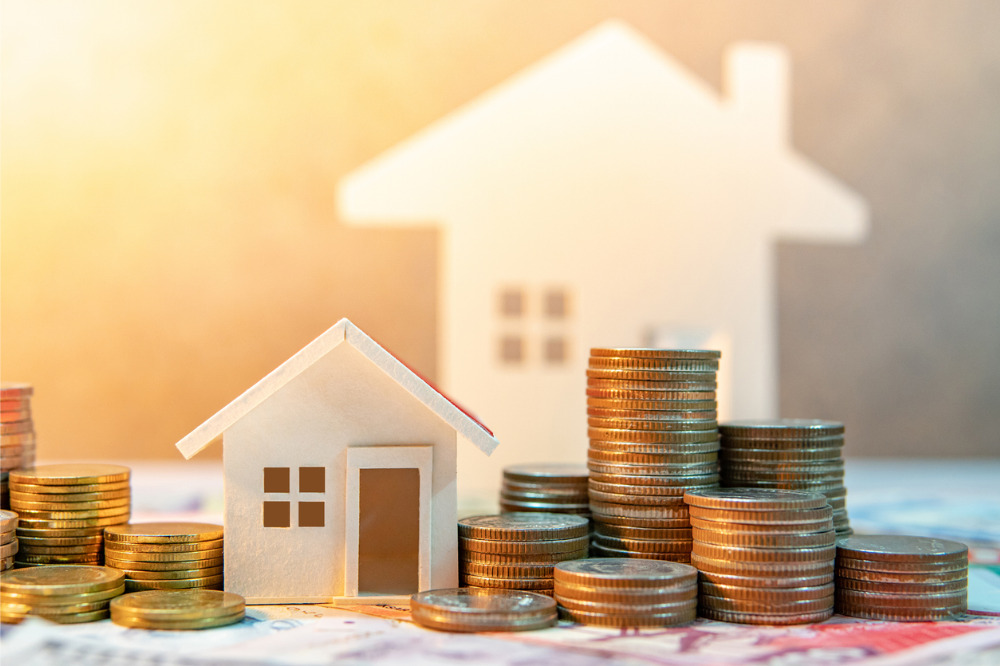Consumers showed more confidence in home-buying and home-selling conditions in June as the housing market continued to recover from the coronavirus recession.
The Fannie Mae Home Purchase Sentiment Index (HPSI) continued to rise for the second consecutive month, up by nine points in June to 76.5. The June increase allowed the HPSI to regain some of the sharp losses in optimism seen in March and April, said Fannie Mae Chief Economist Doug Duncan. However, the index was 15 points lower than in June a year ago.
Four of the six HPSI components climbed month over month. The percentage of respondents who believe it is a good time to buy a home jumped 21% to 61% in June.
“The share of renters who say it’s a good time to buy a home is now at its highest level in five years, suggesting favorable conditions for first-time home buying, consistent with the recent rebound in home-purchase activity,” Duncan said.
Homeowners seem to have taken note of the dwindling housing supply, according to Duncan. The net share of consumers who said it’s a good time to sell a home posted a 23-percentage-point gain, up to 41% in June.
“However, this activity may cool again in the coming months, depending on the extent to which it can be attributed to consumers having chosen to delay or to accelerate homebuying plans due to the pandemic,” he said.
Other HPSI component highlights included:
- The net share of Americans who expect home prices to go up in the next 12 months increased 18 percentage points to 34% in June
- The net share of Americans who believe mortgage rates will go down in the next 12 months decreased 15 percentage points to 17%
- The net share of Americans who say they are not concerned about losing their job in the next 12 months dipped three percentage points to 74%
- The net share of Americans who reported that their household income is significantly higher than it was 12 months ago grew 10 percentage points to 25%
“Survey respondents’ persistent, substantially elevated concerns about job security in the face of record unemployment remains a key takeaway, particularly among renters and homeowners with a mortgage,” Duncan said. “We believe the continuing uncertainty regarding the coronavirus’ containment suggests an uneven and potentially volatile course toward economic recovery.”

